While The WordPress Governance Project collectively begins the creation of a proposed Governance Document to support WordPress, it is useful to identify some of the stakeholders the project serves.
About the exercise
This exercise is a useful way to determine the various resource requirements and constraints that may be present but not clearly documented. Deep understanding of a target audience is fundamental to creating exceptional products. Identifying stakeholders helps a team find the answer to one of their most important questions, “Who are we designing for?” By understanding the expectations, concerns, and motivations of target users, it’s possible to design a product that will satisfy users’ needs and therefore be successful. Understanding the nuances of each stakeholder and their preferences, actions or relationships can better articulate the needs for governance in the WordPress project.
Noteworthy: People and organizations involved in WordPress can span multiple stakeholders and take on different roles depending on the context. For example, a WordPress meetup organizer in Nigeria can also be a theme developer. It is also very likely that involvement can “morph” over time from a complete beginner to someone running their own small business to eventually contributing to core and even writing commercial products in the WordPress ecosystem. The needs of WordPress stakeholders can and do change.
Illustrations by Cathi Bosco with components by Mel Choyce.
How to contribute
If you have feedback on the exercise, or would like to recommend new stakeholders, please leave a comment at the end of the document.
Stakeholders
- Consumers or Audiences
- Makers & Entrepreneurs
- Site Owners for Hobby & Pastime Websites
- Past, Present, & Future Innovators
- Amplified Audiences
- Individuals & Educators
- Small Business Owners
- Enterprise
- Freelance Developers and Designers
- Publishers
- Accessibility Required
- Language, Geographical, and Culturally Diverse
- The WordPress Project: Some Paid and Some Volunteer
- WordPress Community Supporters
Consumers or Audiences
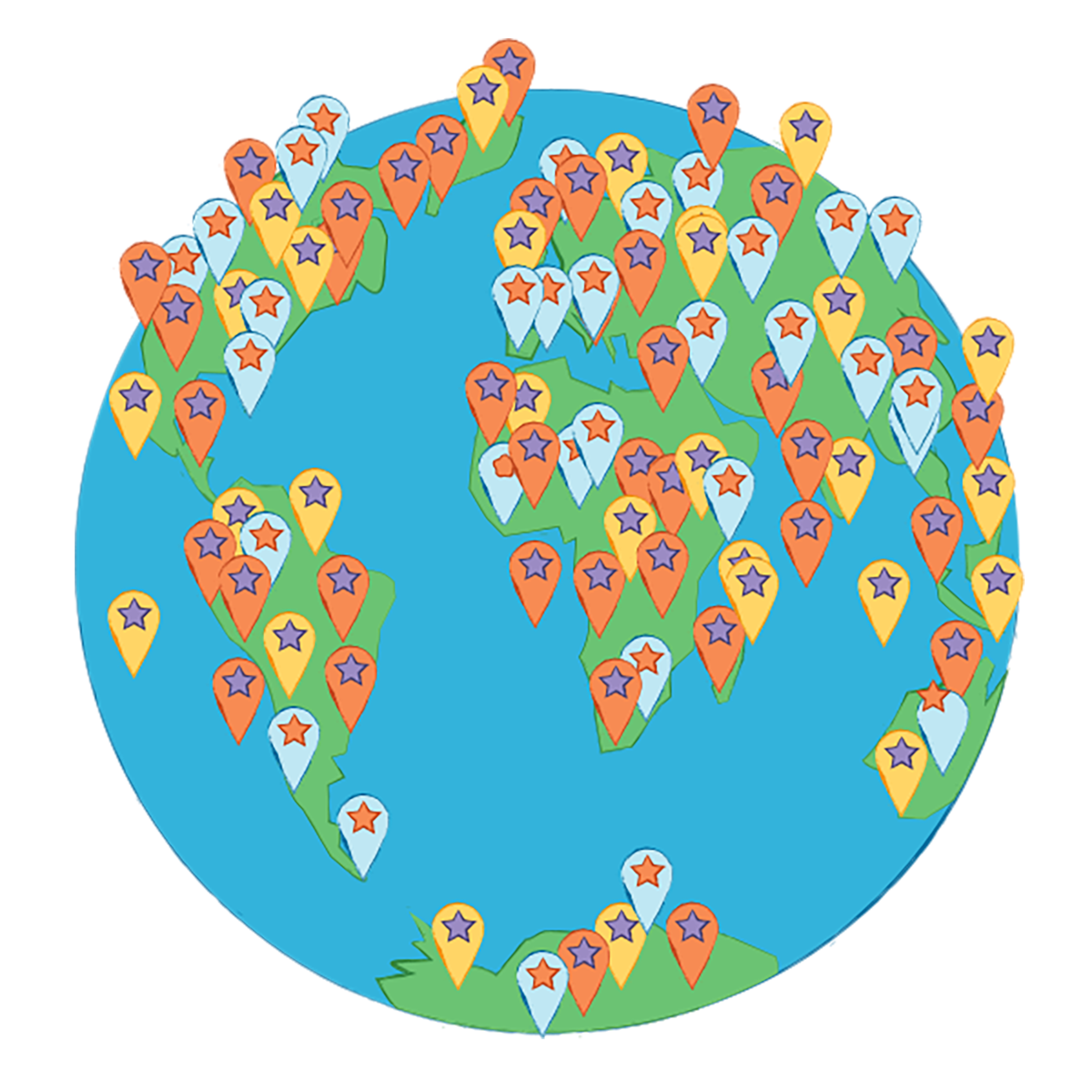
We are using WordPress applications, services and products unknowingly (although some of us may be aware we are using WordPress, many are not) across the world wide web. We may be accessing information, shopping, communicating, and sharing a wide range of experiences on the web or mobile networks globally through the WordPress project: WordPress runs 33% of the web. As a result of this ever-growing market share, the decisions made in the WordPress project may directly or indirectly affect us as users of the web. One example effect: the method in which search engine optimization is “baked” into the project and aligned to best practices and search engine ranking algorithms can greatly affect how all of us discover information powered by WordPress.
Example
Finley is searching for online recipes and finds a beautiful website powered by WordPress. After adding it to bookmarks and returning to it often, Finley notices that recipes on this site are highlighted by Google very often. Finley wonders why other websites don’t have their recipes highlighted like this in search results, but then proceeds to make that BBQ and apple pie recipe for a big family dinner party.
Priorities
- Ease of finding the information, products, or services we’re looking for
- Accessibility – wherever the information is housed, we are able to consume it in various ways, such as using a keyboard only, using a screen reader, or using a mobile phone with a dimly-lit screen
- Would moderately benefit from the WordPress Governance Project
Makers & Entrepreneurs
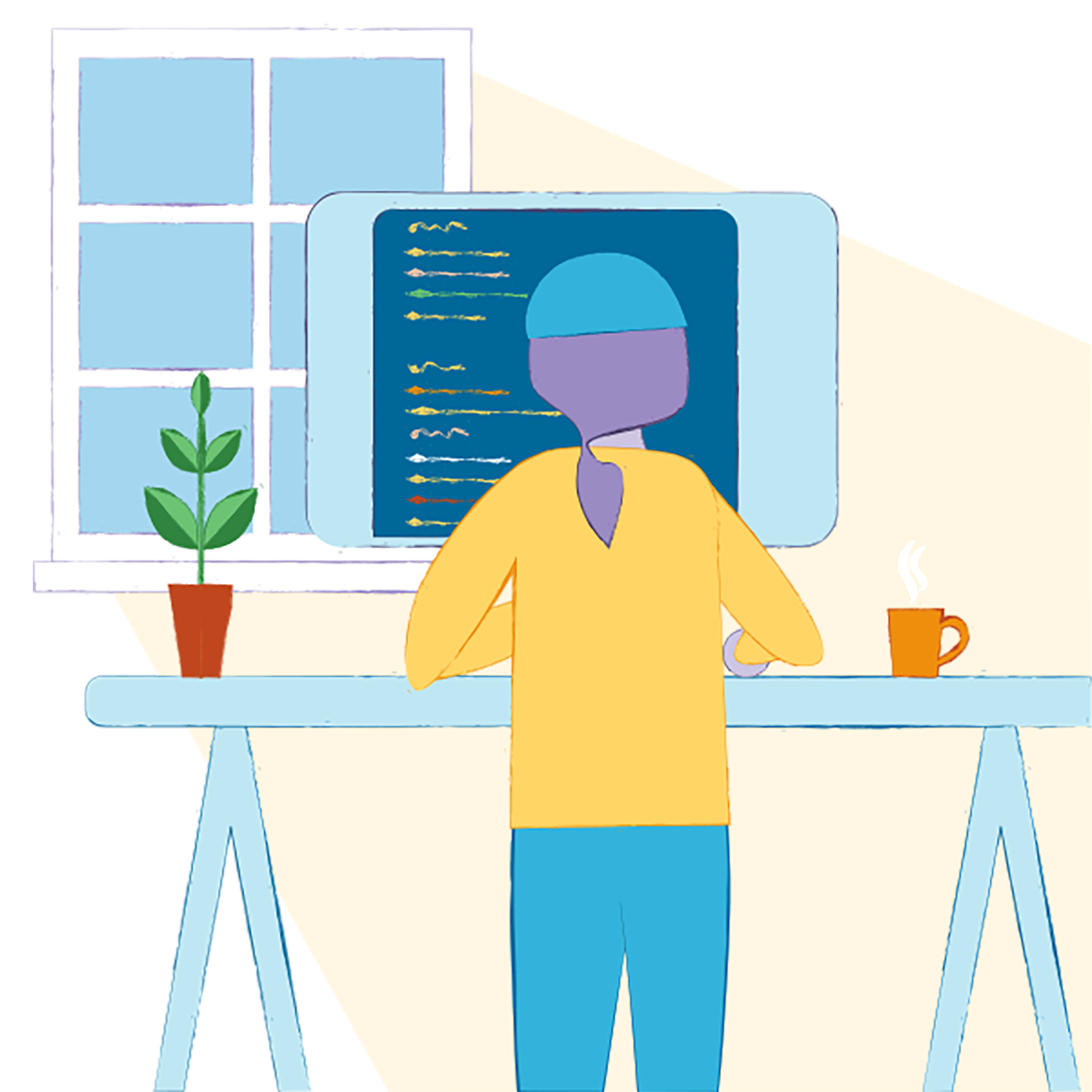
We are a very broad range of stakeholders in the WordPress ecosystem and we rely on the health and successful management of the platform for financial stability in some way. We rely in some part on WordPress for “food and shelter”. We are globally distributed workers, developers, designers, community members, business owners large and small – including employees and associated businesses, theme developers, plugin developers, software engineers, hosting organizations, content creators, agencies, site owners, bloggers, advertisers, editors, site/application owners/employees, and creatives.
We too want to democratize publishing and empower others. Some of us are active WordPress contributors and others are passive users.
The key here is that we are compensated for working in the community in some way. We are in business. We profit financially from our work utilizing the WordPress software program.
Example
Patricia is a plugin designer/developer and runs an online plugin shop. She also has a social media marketing agency. She employs two people who know WordPress well and have active roles in the WordPress ecosystem. Patricia started using WordPress because of her friend, Ashley, and then left her job as a lawyer to focus on software licensing and to start her plugin shop. Patricia travels and spends time on many other pursuits. She may or may not log into /wp-admin on a regular basis. She attends WordCamps but also focuses on other industries like healthcare and education, the vertical markets of her clients. WordPress is critical to her business as her clients look to her as the leading technology consultant for their companies.
Other examples
- Agency owners/workers/their business clients
- WordPress ecosystem participants (plugins and themes)
- Product solution companies/workers/their clients (custom application providers)
- SaaS (Software as a Service products)
- Advertising providers like Google Adwords, etc…
Priorities
- Extensibility – easy to add and create plugins and themes
- Community – events like WordCamps
- Financial security
- Business growth
- Acquisition of market share
- Continuity/ease of learning – the interface doesn’t change very frequently
- Open Source – we can contribute to make it do whatever we want
- Would significantly benefit from the WordPress Governance Project
Site Owners for Hobby & Pastime Websites
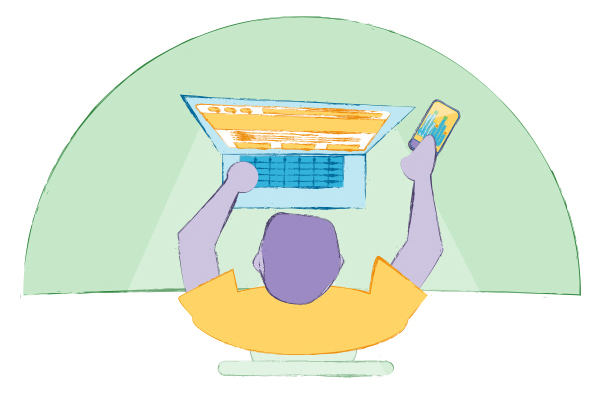
We use WordPress for hobbies or shared interests. We do not rely on the project for financial stability or for significant “food and shelter,” but we enjoy and use it regularly. We are specifically choosing to use WordPress as our content management system. We may be using it for blogging, multimedia uses, community, sports groups, entertainment, religious activities, art, publishing/sharing wide varieties of content, linking our social media shares, and so much more.
We may be among the largest audience of the 33% websites that use WordPress, and also we may be the strongest “word-of-mouth” that recommends and uses WordPress. We want to democratize publishing and empower others, and we greatly benefit from the democratization of publishing. Like lots of WordPress content publishers, we benefit from excellent SEO “out of the box.” We use both free and paid plugins to optimize our sites.
Example
Sam is part of a trail running group that likes to post announcements about upcoming group runs at different trail locations with maps, videos, photos, and funny stories about the group’s misadventures. The group started a WordPress website so people could join the runs and learn a greater appreciation for the outdoors and local land trusts. Sam likes to share the details about planned group runs, races, trail conditions, and even hosts races. When asked why not just run a Facebook group for the trail running group, Sam replies, “because not everyone uses Facebook.”
Priorities
- Ease of setup and maintenance
- Access – an easy way to disseminate information
- Low cost
- Control and ownership of content
- Customizability without a lot of technical knowledge (themes and plugins are readily available)
- Create and share
- Continuity/ease of learning – the interface doesn’t change very frequently
- Would significantly benefit from the WordPress Governance Project
Past, Present, & Future Innovators
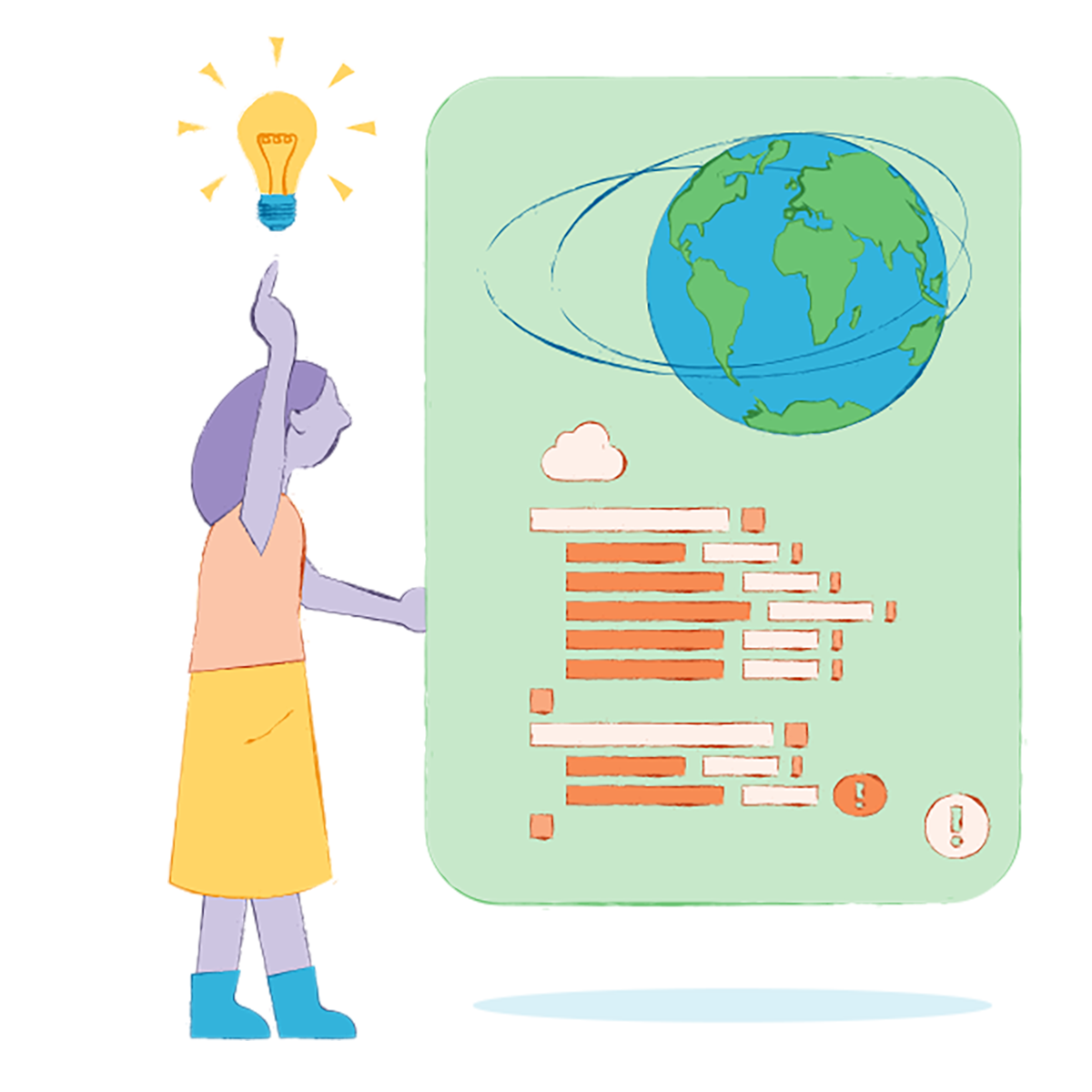
We are individual designers, engineers, and groups working together (some volunteer and some paid professionals), changing the software to make it do whatever we wish. We are innovators, creatives, and courageous people who work to move the web forward. We work to identify needs or problems and create solutions using WordPress for purposes both large and small. Some of us contribute to WordPress core, or to other vital community and documentation teams on which the WordPress Community thrives. We too want to democratize publishing and empower others. We work and innovate with WordPress.
Example
Jay is a WordPress software engineer who is working for another company to make their product work with WordPress. They plan to create a minimally viable product (MVP) of a new publishing platform that will be built using WordPress. It will be an entirely new publishing platform for the purpose of telling stories much like a graphic novel, only digital. Designers are building the demo, and volunteers are testing it. It is amazing!
Priorities
- Speed of implementation by using existing plugins, themes, and APIs
- Thorough, up-to-date and accurate documentation
- Giving back to the community
- Creating and sharing their innovations
- Financial security
- Contribute – we can contribute to make the software do whatever we want
- Would significantly benefit from the WordPress Governance Project
Amplified Audiences
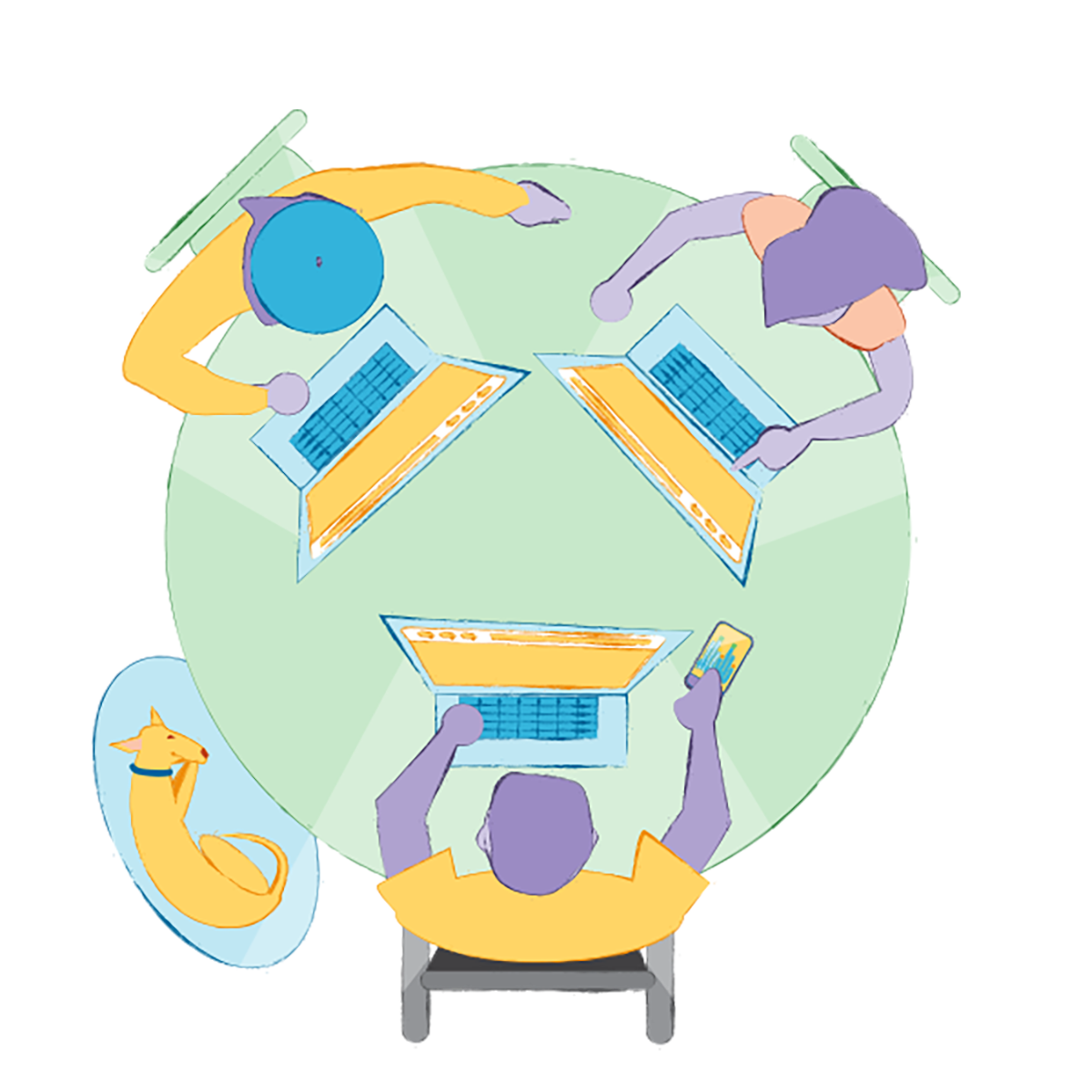
We benefit from the distributed modified versions of WordPress products/services that often exponentially empower us at a variety of resolutions: individuals, groups, organizations, communities, countries, cultures, and larger societies globally. We know we are using WordPress, a platform we did not create, but we benefit from it and we appreciate the work and innovation of others. We too want to democratize publishing and empower ourselves and others.
Example
Max both publishes and consumes content through WordPress. Organizations like the New York Times or GoDaddy use WordPress, customize it and serve content to Max (an amplified audience member). Max also has a custom WordPress site, hosted at GoDaddy to share content through a custom hybrid mobile app, using custom plugins, that his audiences can download from the various app stores thus serving even more audiences.
Priorities
- Ease of setup and maintenance
- Access – an easy way to disseminate information
- Create and share
- Customizability without a lot of technical knowledge (themes and plugins are readily available)
- Continuity/ease of learning – the interface doesn’t change frequently
- Would significantly benefit from the WordPress Governance Project
Individuals & Educators
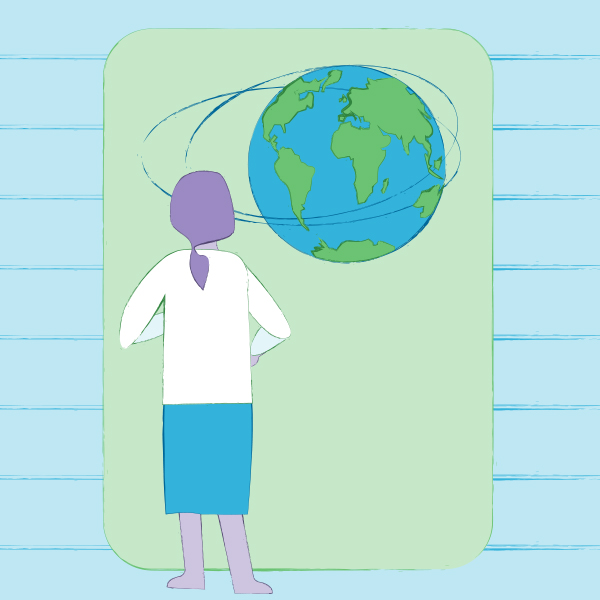
Accessibility is a high priority for us (as it should be for everyone), and we care about educational opportunities including entry-level access into technology. We value learning skills like software development, design, engineering, and other useful skills. We care about dissemination of quality and reliable information. We are politically savvy and wish to protect end-users’ privacy. Often because of the nature of our work we operate under different and diverse legal frameworks. We too want to democratize publishing and empower others.
Example
Robin is the IT lead engineer at a state university in Connecticut. Robin is required to serve web content to audiences that meet web accessibility standards and the school (the employer) requires using open source solutions whenever possible. WordPress is a terrific solution for public-serving industries because it can incorporate Accessible Rich Internet Applications (ARIA), a set of attributes that define ways to make web content and web applications more accessible to people with disabilities.
Priorities
- Accessibility baked into both the front and back end of WordPress
- Control and ownership of content
- Creating and sharing of innovation
- Customizability without a lot of technical knowledge or cost (themes and plugins are readily available)
- Continuity/ease of learning – the interface doesn’t change very frequently
- Would significantly benefit from the WordPress Governance Project
Small Business Owners
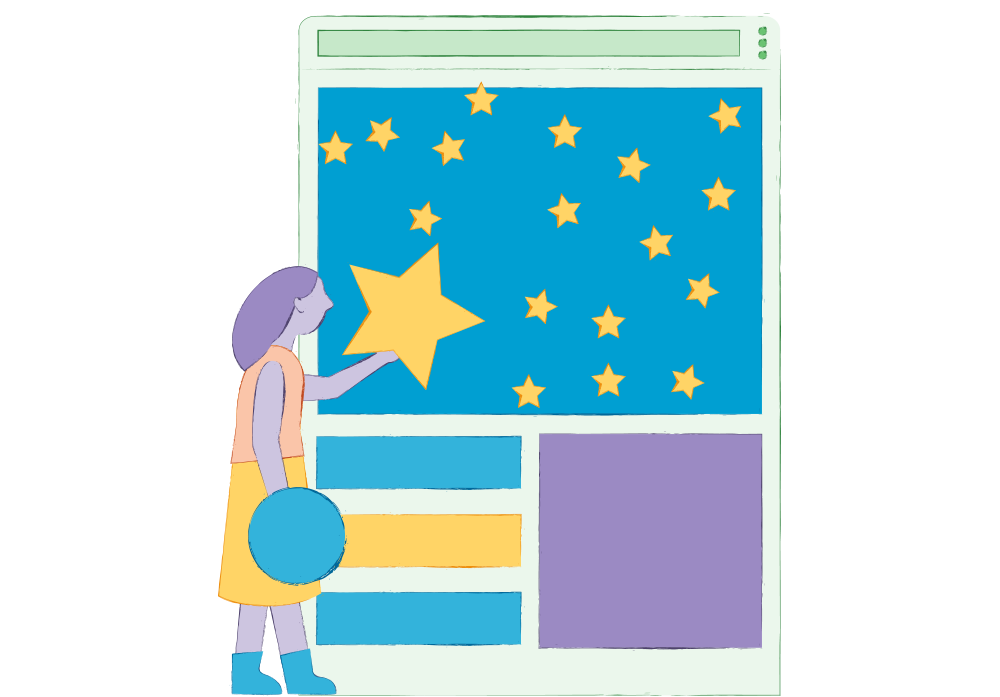
Our primary income comes from our small businesses, and we use WordPress to create our businesses’ identities online. Some of us sell products or services directly on the web, while others use our websites more as marketing materials to drive prospects to us. We aren’t technical experts, but the longer we use WordPress, the more we learn to tinker and customize.
Example
Melissa is a naturopathic doctor who started using WordPress to reach her local market. After learning more about themes and customizing how her website looks, she began publishing information about natural remedies that have led to her to add phone consultations to her services. She can now serve customers anywhere in the world. She has hired a freelance designer to create a custom theme and plans to later open an online store to offer her naturopathic remedies to the public.
Priorities
- Ease of setup and maintenance
- Customizability without a lot of technical knowledge or cost (themes and plugins are readily available)
- Easy to train staff to manage the website
- Would moderately benefit from the WordPress Governance Project
Enterprise

As WordPress has grown in scale to expand beyond ⅓ of the entire web, we see WordPress as much more than a blogging or simple website management tool, but rather as a feature-rich content management system. WordPress can be used to store customer data, maintain customer relationships, run eCommerce systems and manage custom content types. WordPress project leaders advocate more and more that we develop awesome WordPress solutions and resources. We invest financially and intellectually by adopting existing technology or innovate by contributing directly to WordPress core to influence the WordPress project to meet our new ideas and projects we are working on now and for the future. We have significant financial and human resources that we use to move work in a direction that is always beneficial for our business and can be also beneficial for the community. We have employees and contractors who work part- and full-time to contribute to a variety of Open Source projects including WordPress. We sponsor, participate and present at WordCamps and other tech conferences worldwide.
Example:
BigWebHost is a large, multinational web hosting company who has invested significantly in the WordPress ecosystem over the past several years. They have hired an engineering and DevOps teams to support several new products based on WordPress including a Managed WordPress platform. They have acquired several popular WordPress plugins and website security services. They have integrated and continue to invest in WordPress-specific services and product offerings. BigWebHost is actively marketing to web design and development professionals so that they consider their product offerings when selecting hosting, security, management, SEO, training, and design services.
BigWebHost staff are sometimes assigned as part of their full-time job to develop plugins, themes and even contribute to the core WordPress project. They tend to attract and hire the best and the brightest WordPress experts on the planet.
Priorities:
- Continued increased adoption of WordPress across the world
- Features aimed at improving the reliability, security and stability of WordPress
- Influencing the roadmap of WordPress
- Marketing our product into the WordPress community and ecosystem
- Building our reputation as a WordPress-friendly company
- Hiring and attracting talent and companies that can improve our ability to execute on our vision
Freelance Developers & Designers
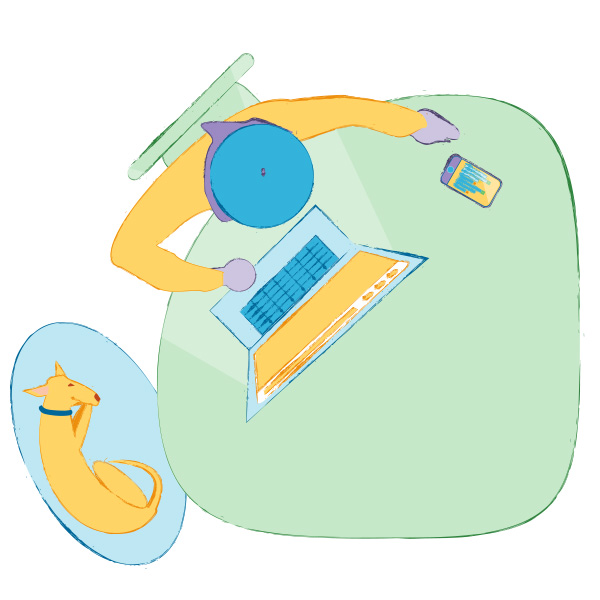
We make up a large part of the heart of the WordPress community. We provide professional services to clients who need websites and WordPress-based systems. Sometimes we collaborate with other freelancers. We attend WordCamps and local meetups for continuing education and collaboration. We volunteer, attend, and present at WordCamps or meetups. Our skills range from beginner to expert. The scope of our work and our income can hugely vary as well, depending upon many other factors, such as location, experience, specific skill sets and educational backgrounds. We are well known for generously sharing our knowledge and contributing to the amazing growth and worldwide adoption of WordPress content management systems. Sometimes we rely on WordPress for food and shelter in significant ways, and sometimes it’s just one of the tools we use to support our clients. We do not always have enough resources to contribute to WordPress core or to other WordPress-related projects such as Polyglots, Design, or Marketing. Some of us contribute to the community often while many of us are completely unaware of the benefits and opportunities related to managing or relying on an Open Source project.
Example:
Yih-Woei is an independent developer who contracts directly with startups, companies, and individual clients. In addition to building websites, she manages and maintains client websites is a part of her recurring income business plan. Yih-Woei also spends at least 5 hours every week studying tutorials and engaging with continuous learning opportunities. She blogs about code languages, SEO insights, and publishes useful tutorials. Yih-Woei collaborates regularly (remotely) with a freelance designer who lives in Dallas, Texas. Together they occasionally take on slightly larger projects with SVG animations and branding packages. When they collaborate, Yoh-Woei has less direct contact with the clients because Erick (the designer) often does the project management and client communications tasks for them.
Priorities:
- Extensibility – easy to add and create plugins and themes
- Community – events like WordCamps
- Financial security
- Business growth
- Continuity/ease of learning – the interface doesn’t change very frequently
- Open Source – we can contribute to make it do whatever we want
- Would significantly benefit from the WordPress Governance Project
Publishers
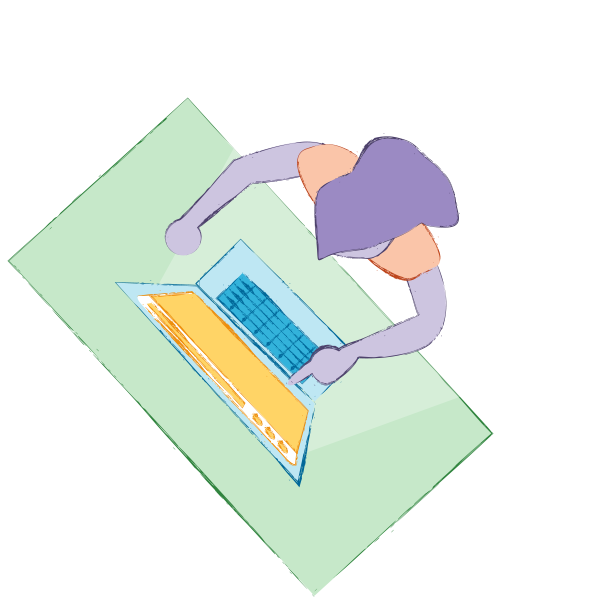
We distribute information at a cost-effective scale and are trying to keep pace with the ever-evolving publishing landscape. We are magazines, newspapers, local news stations, and media brands. Our priorities are primarily related to maximizing our reach and bringing in revenue. Revenue might come in the form of advertising, paywalled content, or paid special privileges. We are happy to see the technological costs of publishing reduced with quality open-source software.
We employ professional writers, editors, web developers, and experts in a range of media types (video, audio, etc.) Our budget is heavily weighted toward content creation, rather than technology infrastructure, so relying on the best efforts of the open-source community is key. We want to use the latest and greatest technology so we don’t fall behind amongst our publishing peers.
Example:
Michael publishes a print and online magazine. He coordinates the activities of a wide range of employees. He needs software that can accommodate a staff of writers, web developers, a video production team, and marketers. Michael is happy when he doesn’t have to answer technical questions from his writers or train his marketing team to code meta tags. His product needs to be compatible with more traditional forms of publishing, but also take advantage of the technological gains of the modern web. Michael is more concerned with monetizing publishing than democratizing it. The less he has to worry about a finicky CMS hindering his publication’s web presence, the more he can focus on publishing the best content and serving his readers.
Priorities
- Accessibility to the widest possible audience in terms of browsers, devices, and legal context (think GDPR)
- Performance and scalability for traffic spikes
- Straightforward and easily-implemented member or subscription monetization models
- Customizability for a range of content offerings and special functionality
- Cutting-edge technology to remain relevant in a fast-changing market
- Would greatly benefit from the WordPress Governance Project
Accessibility Required
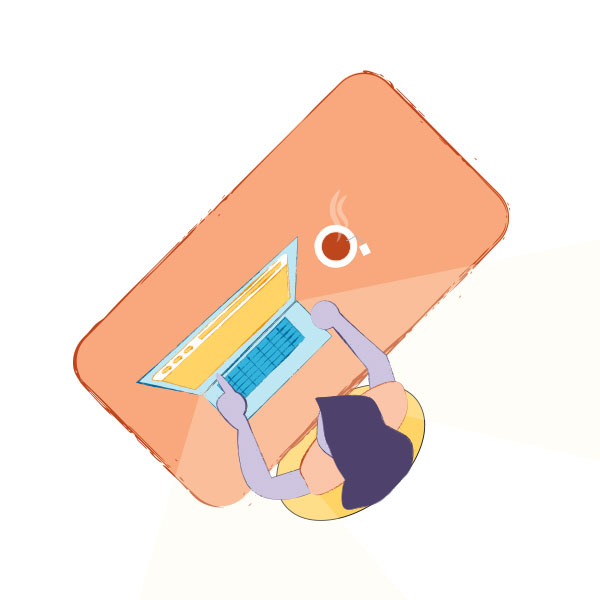
We are citizens of the world with disabilities that make it difficult to access and disseminate information online. Some of us have mobility issues, and some of us are visually impaired. Some of us have deafness or hearing loss. Some of us have difficulty due to anxiety, or autism, or dyslexia. Those of us that rely on screen readers require that sites be developed that meet our needs. Some governments and schools create laws that require that we be given access to online and offline resources. We appreciate and respect designers and developers who put the work into making sites accessible for all. WordPress sites and products pay close attention to accessible design.
Example
Francis, once sighted, is blind. She primarily uses her Mac with VoiceOver, though she also has an iPhone and occasionally consumes information on her smartphone. She likes it when information is presented in lists or outlines because this allows her to skip over portions of websites such as sitewide navigation that would otherwise take a long time to listen to. She appreciates content that is easily skimmed, since for her too this shortens the time it takes to find what she is looking for. She has trouble accessing the information on websites that don’t support keyboard-only navigation.
Priorities
- Structure – information is marked up semantically, with headings, lists, and landmarks
- Creating and sharing innovation in the field of accessibility
- Functionality – all information is presented in a way that allows easy consumption, such as video captions, image alternative text, buttons created with<button> HTML tags
- Continuity/ease of learning – the interface doesn’t change very frequently and is fully accessible
- Would significantly benefit from the WordPress Governance Project
Language, Geographical, and Culturally Diverse
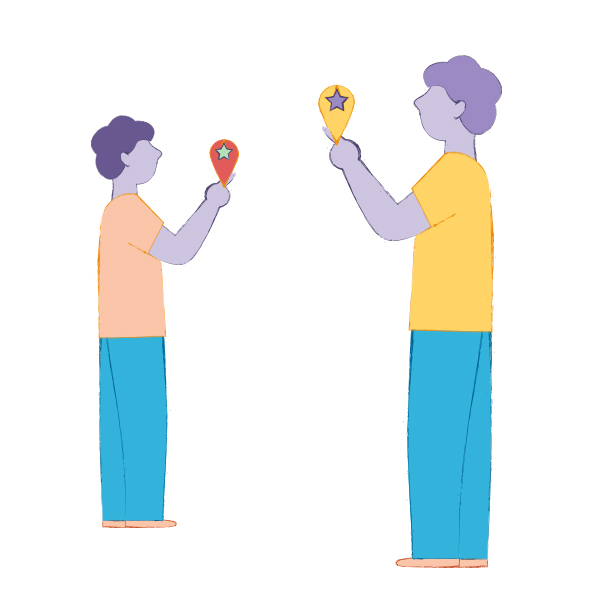
Our access and ability to participate fully in the world wide web is sometimes challenging due to different time zones, political situations (like censorship issues), geographical challenges, and language differences. Sometimes we have greater resources, but sometimes we are limited by a lack of resources. The mission of WordPress to democratize publishing means a lot to all of us. Our ability to participate, contribute, and compete professionally requires successful communication. We need to be able to publish and communicate in useful ways that WordPress provides.
Example
Suresh’s company provides services to communities in India, Australia, and Norway. He delivers online language learning classes in many languages for companies and individuals all over the world. His company, his clients, and their clients all depend on WordPress to work no matter what language or region they represent.
Priorities
- Translation – the ability to easily set up automatic translation for both the front and back end, and the site structure
- Access – an easy and low cost way to disseminate information
- Control and ownership of content
- Creating and sharing innovation with little to no boundaries
- Would significantly benefit from the WordPress Governance Project
The WordPress Project: Some Paid and Some Volunteer
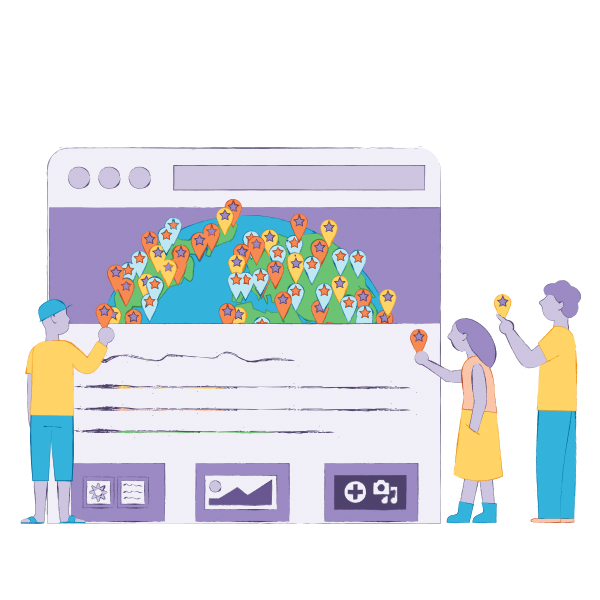
WordPress Project – the collection of volunteers, builders, administrators, and users who support and use WordPress.
As leaders in the WordPress project, we need to have all of the resources and support required to successfully manage and make informed, clear, and publicly understandable decisions within a highly visible open-source project. We work on teams, and we need a sound set of defined principles that are well documented with clear guidelines to support maintaining, designing, and developing the WordPress platform and its ecosystem. We need to do this work responsibly, as it serves so many globally. We may need de-escalation and “calling in” as conflict resolution models. We need guidance for discussions, contributing to, and having input on project goals and values, plus guidance on having input on priorities, short- and long-term. Supportive documentation and processes for better understanding of policy around participation and consensus building involving the web and the internet are immediately useful to us.
Examples
The entire collection of volunteers, builders, administrators, and users who support and use WordPress the software including Matt Mullenweg (CEO, Automattic) – Co-Founder & Project Lead, Josepha Haden (Division Lead, Automattic) – Executive Director, Joost deValk (CPO, Yoast) – Marketing and Communications Lead, and many more who contribute their time on teams as paid staff or volunteers.
Priorities
- Democratize publishing
- Build simple, predictable software that offers features for growth and success
- Visibility and transparency when making decisions, some that involve highly technical compromise and trade-offs
- Continue to grow the community in a sustainable way
- Would significantly benefit from the WordPress Governance Project
WordPress Community Supporters
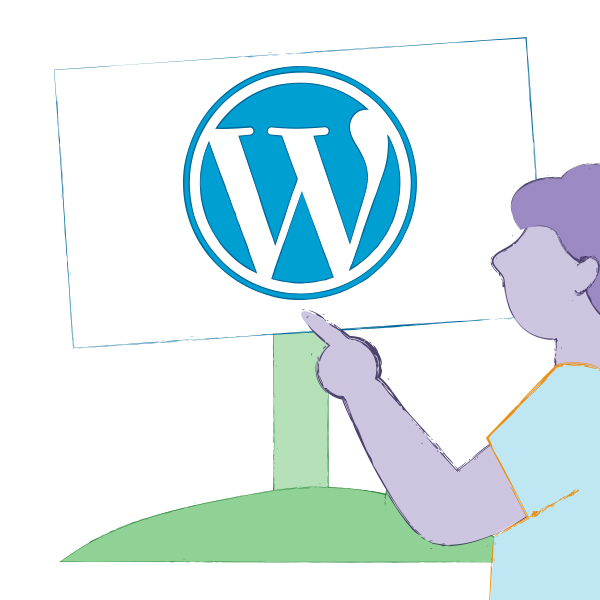
We participate in Meetups and WordCamps. Some of us speak at at WordCamps, Meetups, and other collectives on a wide range of technical, business, and human-centered topics. We add a lot of love to the community and the larger ecosystem. Some of us participate in Make.WordPress.org Slack channels. We are a big reason WordPress gets adopted by a significant percentage of the web. We are not necessarily responsible for maintaining the software, but we do provide the support and enthusiasm for its use and for a widespread understanding of the software and how to leverage its potential. WordPress community supporters around the globe have dedicated countless hours to support and build a tool that democratizes publishing. A public charity supports the educational work done through WordCamps and MeetUps.
Example
Terry leads a monthly Meetup in South Africa and volunteers to coordinate a larger WordCamp held annually in Cape Town. Everyone in the meetup group helps with coordinating speakers and securing the facilities for events. These events are very well attended by live audiences and online. People travel from long distances to learn more about working with WordPress. Terry also volunteers at WordPress happiness bars at events and publicizes learnings on social media and through blogging. Since participating in this community Terry has made some excellent professional relationships as well as some life long friends.
Priorities
- Give back to the community
- Create and share their learning
- Build networks of support so that people can help themselves
- Meet others that share the same passion — WordPress
- Community events like WordCamps and meetups
- Access – an easy way to disseminate information
- Would extremely benefit from the WordPress Governance Project